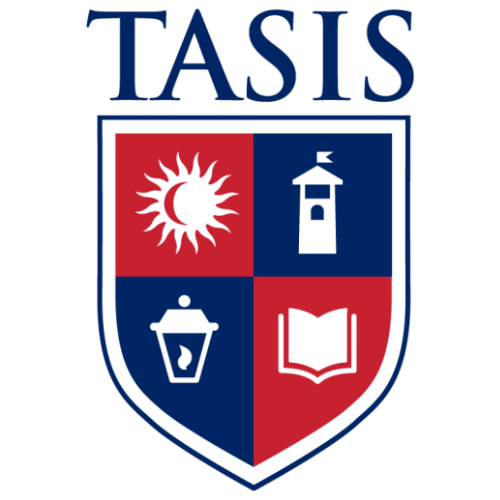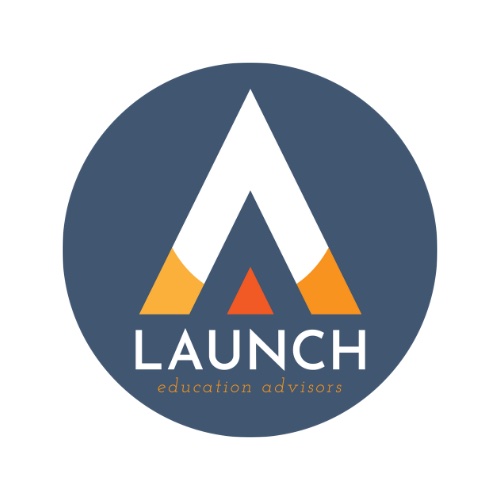
A Refugee’s Perspective: Jordan
I have been a refugee since 2014. Our community in Iraq used to be so beautiful. It had different cultures and ideologies. I was a social person and I made a mark everywhere I went! I am not trying to be prideful, but I was charismatic and I always socialized with the community.
But after everything that happened in Iraq, and becoming a refugee, I became a closed-off person. I was afraid to open the door to say hi to my neighbors. I lived in a state of fear. I feared for my children and I was terrified of society as a result of all the shock that I had experienced. From 2015 until 2017, I struggled with challenging psychological problems.
But because of my husband and his support, I was able to come to CRP, and thank goodness they were able to wash a lot of the worries away. CRP was like a helping hand that reached out to me and helped me solve my problems and allowed me to trust again. I joined a lot of programs at CRP, like hairdressing, calligraphy, and most importantly, Women’s Empowerment. (Excerpted from CRP)
A Principal’s Perspective: Metro Detroit, USA
Metro Detroit is home to the world’s largest population of Chaldeans outside of Iraq, their homeland. Chaldeans are Aramaic-speaking, Eastern Rite Catholics, who have left Iraq due to political and religious persecution. When I was principal of a middle school that served almost 1,000 students, we had many students in my school and my district at large who were either recent immigrants or second-generation Chaldean Americans. The district was responsive to the educational needs of these students, offering classes, assistance and family support in their native language. As a principal, however, it was sometimes difficult to navigate relationships between school and home, and I always worried that the students’ needs were not being served adequately. Many parents did not speak confident English, and older brothers and sisters were often asked to act as translators in meetings, an extra burden for them. For our students who had arrived in the US more recently, we (and they) had to contend with the trauma and gap in education that they may have experienced. I was grateful for the native Iraqi para-educator who worked with our students, as well as our ESL teacher, who was fluent in Aramaic. Their compassion and assistance to the staff as well as the students helped to bridge the gap and make connections for some of our most vulnerable students.


